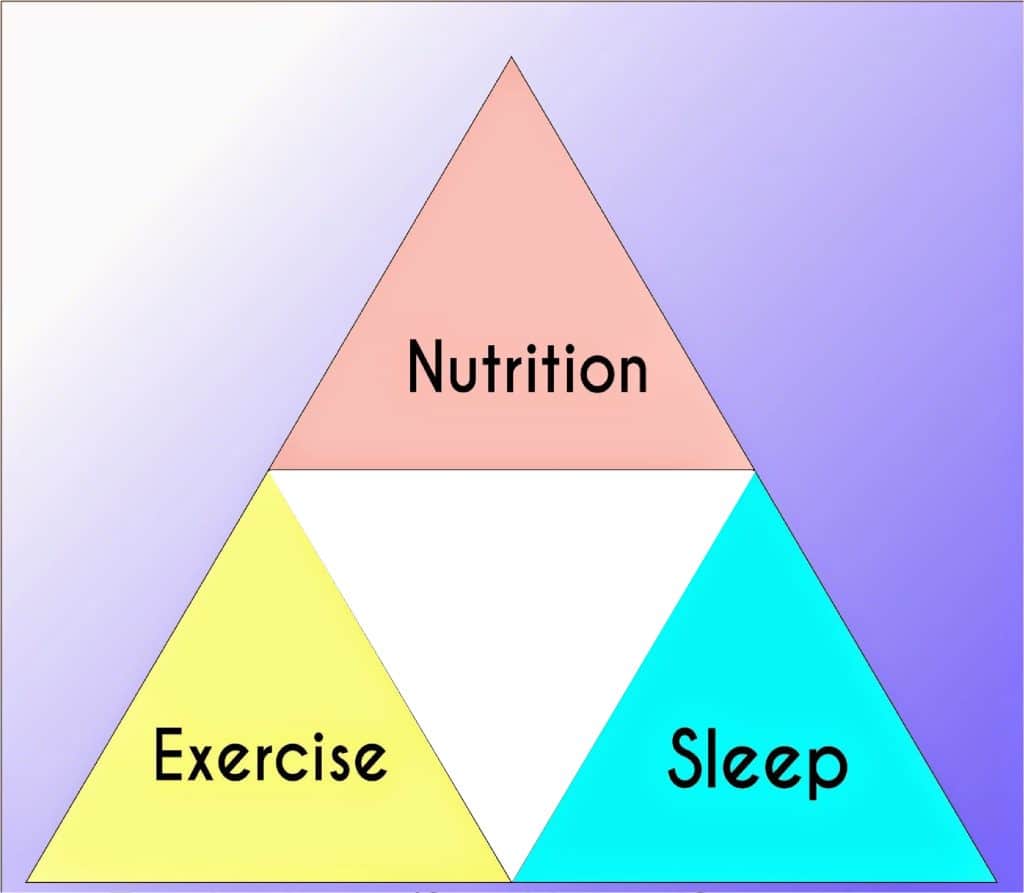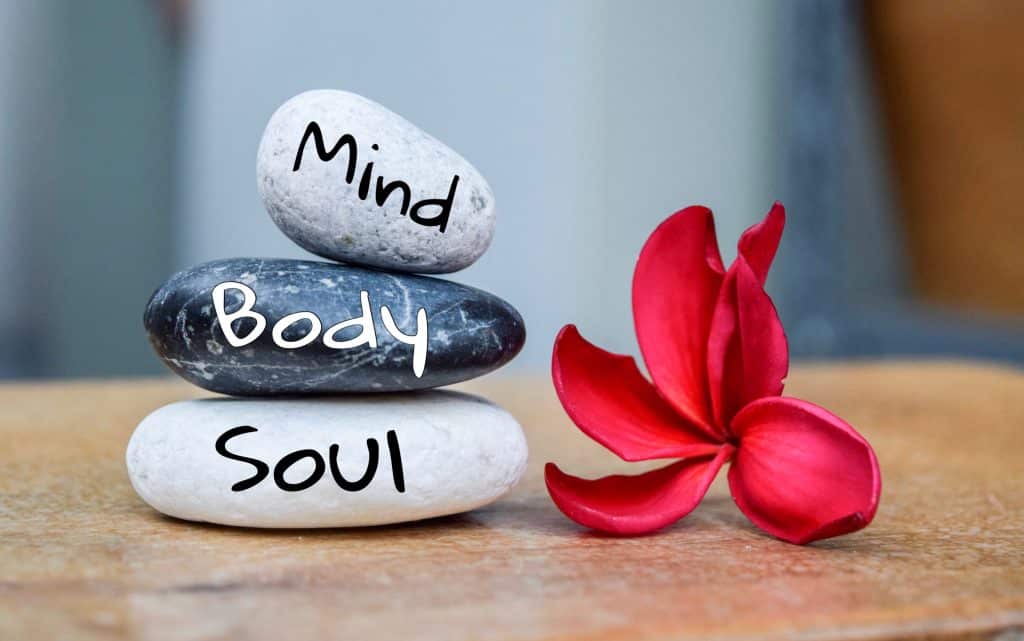Blog
Holistic Approaches to Treating Anxiety and Depression: Healing the Mind, Body, and Soul
Anxiety and depression are complex mental health conditions that can significantly impact our well-being. While traditional treatments such as therapy and medication play an essential role, taking a holistic approach to healing can provide additional support and promote overall well-being. This blog explores the power of holistic approaches in treating anxiety and depression, focusing on healing the mind, body, and soul. By addressing the interconnectedness of these aspects, we can cultivate a more comprehensive and effective path toward recovery.
Nurturing the Mind: Therapies and Mindfulness Practices

Taking care of our mental well-being is a crucial step in treating anxiety and depression holistically. This section explores the various therapies and mindfulness practices that can support individuals in their healing journey. One widely recognized therapy is cognitive-behavioral therapy (CBT), which focuses on identifying and challenging negative thought patterns and behaviors. CBT equips individuals with valuable tools and strategies to manage distressing thoughts and emotions effectively. Another therapy worth exploring is psychotherapy, which offers a safe and supportive space to delve into the underlying causes of anxiety and depression. Through talk therapy and guidance from a trained professional, individuals can gain insights, develop coping mechanisms, and work towards resolving emotional struggles.
Mindfulness practices play a vital role in nurturing the mind. Meditation, a well-known mindfulness technique, helps cultivate self-awareness and calm the mind. By focusing on the present moment and observing thoughts without judgment, individuals can reduce stress and improve their overall well-being. Deep breathing exercises, another mindfulness practice, provide a simple yet effective tool to relax the body and calm the mind. By consciously slowing down their breath, individuals can activate the body’s relaxation response and reduce anxiety.
Journaling is yet another mindfulness practice that can have transformative effects. By writing down thoughts, feelings, and experiences, individuals gain clarity and a greater understanding of their emotions. Journaling also serves as a therapeutic outlet for self-expression and reflection. It allows individuals to track patterns, identify triggers, and discover new insights about themselves. Overall, integrating therapies and mindfulness practices into a holistic approach empowers individuals to actively participate in their mental well-being and promotes a greater sense of self-awareness, emotional balance, and stress reduction.
Honoring the Body: Nutrition, Exercise, and Sleep

Our bodies are remarkable vessels that require proper care and nourishment to support our mental well-being. When it comes to treating anxiety and depression holistically, it is crucial to honor the body through healthy lifestyle practices. This section highlights the importance of nourishing our bodies with a balanced diet that promotes brain health and regulates mood. A diet rich in whole foods, including fruits, vegetables, lean proteins, and healthy fats, provides the essential nutrients needed for optimal brain function and emotional balance.
Regular exercise plays a vital role in promoting mental well-being. Engaging in physical activity releases endorphins, which are natural mood-boosting chemicals in the brain. Exercise not only helps reduce stress and anxiety but also improves overall mood and increases self-confidence. Whether it’s going for a brisk walk, practicing yoga, or participating in a favorite sport, finding enjoyable ways to incorporate movement into our daily lives can significantly contribute to our mental and emotional well-being.
Another critical aspect of honoring the body is prioritizing quality sleep. Sleep is a time for our bodies to rest, recharge, and repair. Sufficient, uninterrupted sleep is essential for optimal brain function and emotional resilience. Lack of sleep can exacerbate symptoms of anxiety and depression, leading to mood disturbances and cognitive difficulties. Establishing healthy sleep habits, such as sticking to a consistent sleep schedule, creating a relaxing bedtime routine, and creating a sleep-friendly environment, can greatly improve the quality and quantity of our sleep.
Taking care of our bodies through proper nutrition, regular exercise, and quality sleep is a powerful way to support our mental health. By nourishing our bodies with wholesome foods, engaging in physical activity, and ensuring restful sleep, we provide a solid foundation for our overall well-being. It is important to remember that small changes in these areas can have a significant impact on our mental and emotional state. By honoring our bodies, we can enhance our ability to cope with anxiety and depression, fostering a greater sense of balance, resilience, and overall vitality.
Cultivating the Soul: Spirituality and Self-Care

In the journey towards holistic healing and addressing anxiety and depression, nurturing the soul and exploring our spiritual well-being becomes an integral part of the process. This section highlights the significance of cultivating the soul through spirituality and self-care practices. By delving into our spirituality, we can find meaning, purpose, and a sense of connection to something greater than ourselves. Practices such as mindfulness meditation, yoga, and connecting with nature offer powerful tools for cultivating inner peace and alignment. Mindfulness meditation allows us to be fully present at the moment, observing our thoughts and emotions without judgment. Yoga combines physical movement with breath awareness, promoting relaxation and releasing tension. Connecting with nature, whether through walks in the forest or spending time by the ocean, allows us to tap into the serenity and beauty of the natural world. Alongside these practices, we emphasize the importance of self-care activities that nourish and recharge us. Engaging in hobbies that bring joy and fulfillment, practicing gratitude to shift our focus to the positive aspects of life, and setting healthy boundaries to protect our well-being are vital components of self-care. By nourishing our soul and prioritizing self-care, we create a foundation for healing that supports our overall well-being and enhances our journey toward managing anxiety and depression holistically.
Harmonizing the Whole: Integrating Holistic Approaches
Incorporating a holistic approach to treating anxiety and depression is crucial for achieving comprehensive healing. This section explores the significance of integrating various holistic approaches into personalized treatment plans. By combining traditional therapies, self-care practices, and mind-body interventions, individuals can create a harmonious balance that nurtures the mind, honors the body, and cultivates the soul.
Personalized treatment plans are essential because each person’s journey with anxiety and depression is unique. By working closely with healthcare professionals and therapists, individuals can create a plan tailored to their specific needs and goals. This may involve a combination of therapy sessions, such as cognitive-behavioral therapy (CBT) or psychotherapy, to address negative thought patterns and explore underlying emotions.
Self-care practices play a vital role in holistic healing. Engaging in activities that bring joy and relaxation, such as practicing mindfulness, taking nature walks, or pursuing creative outlets, can contribute to overall well-being. These self-care practices provide opportunities for self-reflection, stress reduction, and emotional rejuvenation.
Mind-body interventions, such as yoga, meditation, and breathwork, offer powerful tools for integrating the mind and body. These practices promote self-awareness, reduce anxiety, and enhance emotional resilience. By incorporating these techniques into daily routines, individuals can foster a sense of inner peace, grounding, and emotional balance.
Seeking professional guidance and support is crucial throughout the holistic healing journey. Healthcare professionals can provide valuable insights, monitor progress, and offer guidance in integrating various holistic approaches effectively. They can help individuals navigate challenges, address underlying issues, and make adjustments to the treatment plan as needed.
By integrating holistic approaches, individuals can create a comprehensive healing journey that encompasses the mind, body, and soul. This harmonious balance allows for a deeper level of healing, addressing not only the symptoms of anxiety and depression but also the underlying causes. Remember that it is essential to find what works best for you and to approach the healing journey with patience and self-compassion. With the integration of traditional therapies, self-care practices, and mind-body interventions, individuals can embark on a transformative path toward treating anxiety and depression holistically.
Embracing Holistic Healing
Embracing a holistic approach to treating anxiety and depression acknowledges the interconnectedness of the mind, body, and soul. By nurturing all aspects of our being, we can promote a deeper level of healing and overall well-being. Remember that each person’s journey is unique, and it is important to find what works best for you. By combining traditional therapies with mindfulness practices, healthy lifestyle choices, spiritual exploration, and self-care, individuals can embark on a transformative path toward healing their minds, body, and soul.


